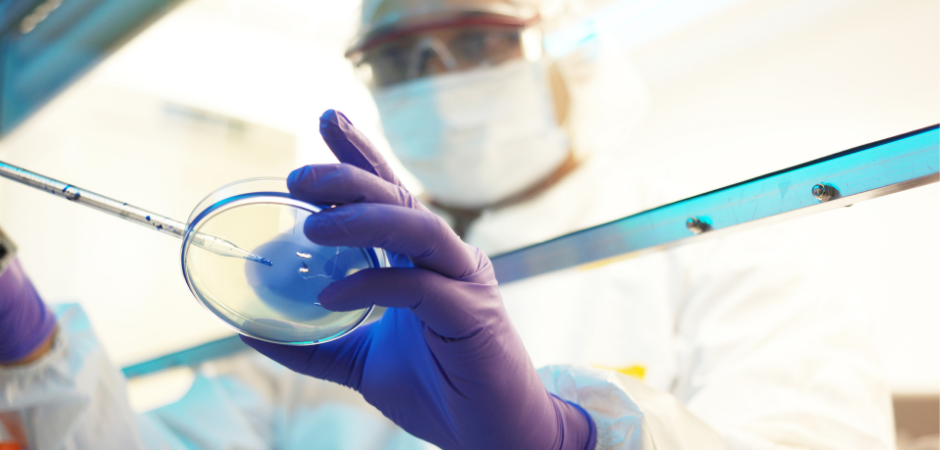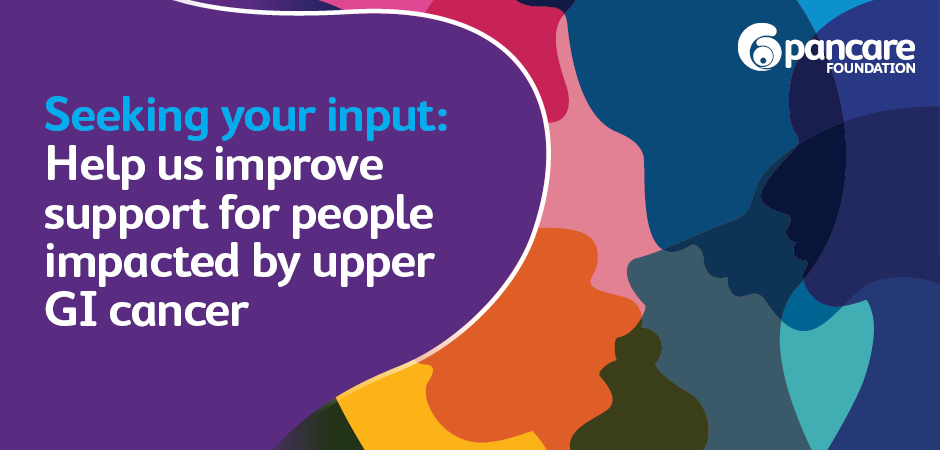
Cancer Australia and Pancare Foundation announce critical new cancer research grant
Pancare Foundation and Cancer Australia are pleased to announce successful applicants to the 2021 round of the Priority-driven Collaborative Cancer Research Scheme (PdCCRS). A full list of successful applicants can be found at https://www.canceraustralia.gov.au/research/data-and-statistics/priority-driven-research. This scheme purpose is to reduce the impact of cancer in the community and improve outcomes for all Australians impacted by cancer.
The Pancare Foundation supports medical research that aims to accelerate advancements and innovation that help improve outcomes and quality of life for Australians impacted by upper gastrointestinal cancer – pancreatic, liver, stomach, biliary and oesophageal cancers. Our aim of doubling the survival rates from upper gastrointestinal cancers will be achieved through the establishment of partnerships that deliver research outcomes in six key priorities; discovery of new treatments, early detection, personalised medicine strategies, optimal patient care, support and development of future leaders and acceleration of clinical trials.
Pancare is proud to support Early Career Researcher, Natalie Castano Rodriguez, from the University of NSW, and her project “Understanding the crosstalk between autophagy and microbial lactate in stomach cancer.” This two-year project will examine the role of lactate producing bacteria in the gut in the development of gastric cancer. We congratulate Natalie and are excited to support innovative research that will improve our understanding of the risk factors and contribute towards early detection of gastric cancer in the future.
Pancare research manager Katrina Walsh says “Gastric cancer is often diagnosed at an advanced stage, where there are few treatment options. Ideally to improve outcomes for gastric cancer patients we need to better understand risk factors and improve early detection. We are thrilled to support Natalia’s Research, this study is vitally important to understanding the role of certain bacteria in the development of stomach cancer, which will contribute to methods of early detection and new treatments for stomach cancer.”
Read more . . .






